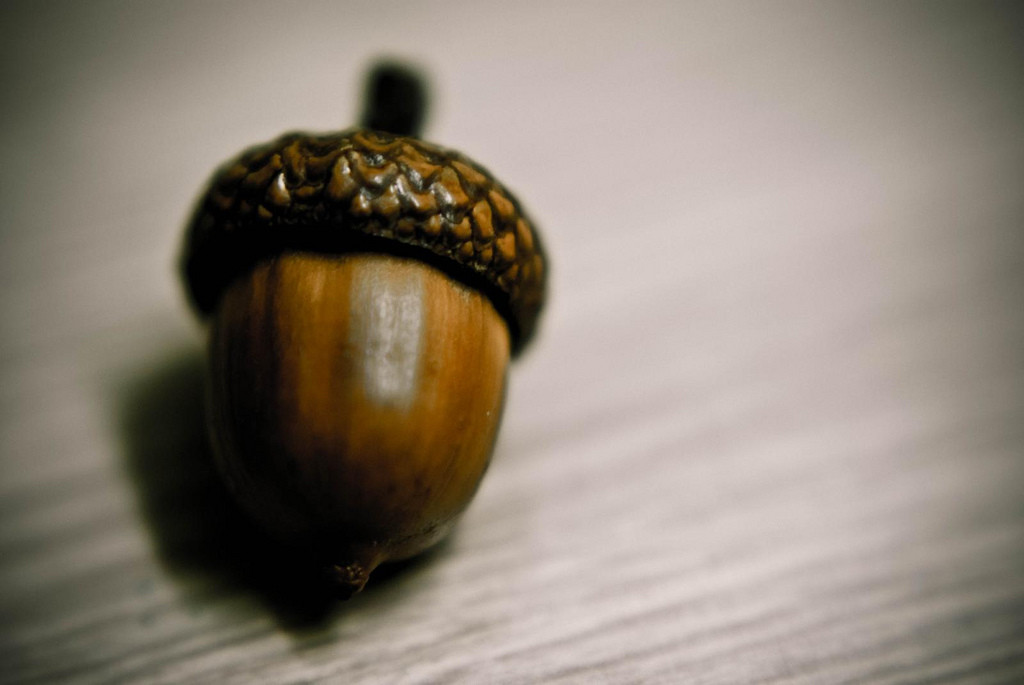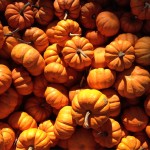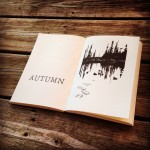
According to the calendar, autumn arrived nearly a month ago. According to Starbucks, even longer ago than that. This year I tried to delay the new season as long as I could. I ignored my frost-scarred tomato plants and the frenzied bees that appeared out of nowhere as the days grew shorter. I wore insufficient flats with ankle-length pants while other people broke out their fall boots. But now that the oaks have gone auburn and the cornfields blonde, I’ve come to slowly accept that fall is here, in fact, it’s nearly over.
I don’t know about elsewhere, but in the Midwest, we’re overzealous about seasonal change. Especially when it comes to fall. It will be 80 degrees with a broad, blue sky overhead and I’ll hear someone speak wistfully about “sweater weather” and “pumpkin spice lattes.” I will never understand this premptive desire to hibernate and hasten the end of warm, light-filled days. It’d be happy if it stayed summer all year long. I wouldn’t miss sweaters, and I’d drink lattes anyway.
I’ve always lived in a land of four distinct seasons. I know that after pumpkin-flavored-everything time, winter will descend. Soon enough the ground will wear its armor of ice and snow, and I will wear boots for 102 days straight. It’s easy to see winter as a hardship that must be endured and autumn as its misleading prelude.
Recently, I read something that challenged this dismal view. For the past year, I’ve been working my way through a devotional book called Daily Office by Peter Scazzero. A recent reading offered a more hopeful, meaningful perspective on seasonal change and the lessons it can teach us. It ends with a passage from Parker Palmer that reminds me that there are acorns among the decaying leaves and seeds in the withered prairie flowers. And even more than that, there is hope being sown in hardship.
Autumn is a season of great beauty, but it is also a season of decline: the days grow shorter, the light is suffused, and summer’s abundance decays towards winter’s death…In my own experience of autumn, I am rarely aware that seeds are being planted…But as I explore autumn’s paradox of dying and seeding, I feel the power of metaphor. In the autumnal events of my own experience, I am easily fixated on surface appearances–on the decline of meaning, the decay of relationships, the death of a work. And yet if I look more deeply, I may see the myriad possibilities being planted to bear fruit in some season yet to come.
In retrospect, I can see in my own life what I could not see at the time–how the job I lost helped me find work I needed to do, how the ‘road closed’ sign turned me toward terrain I needed to travel, how losses that felt irredeemable forced me to discern meanings I needed to know. On the surface, it seemed that life was lessening, but silently and lavishly the seeds of new life were always being sown.”



